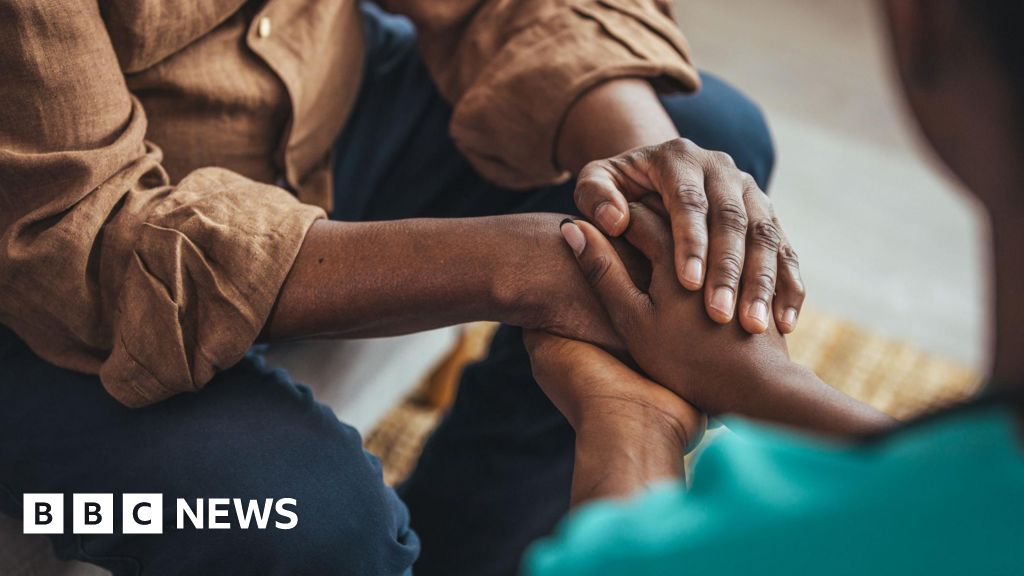Sweet Dreams, Kiwis! How Much Sleep Do You *Really* Need for Top Health?

We all know sleep is important, but how much is *enough*? For Kiwis juggling busy lives, getting enough shut-eye can feel like a luxury. But skimping on sleep isn't just about feeling tired – it has a serious impact on your health, safety, and overall wellbeing. Let's dive into how much sleep you need at different ages, why sticking to a routine is key, and what happens when you're running on empty. We'll look at the latest research and expert advice to help you unlock the secrets to a truly restful night – and a healthier you!
The Sleep Needs Breakdown: Age Matters!
Forget the 'eight hours is magic' rule – sleep needs vary across the lifespan. Here's a general guide for New Zealanders:
- Newborns (0-3 months): 14-17 hours a day (spread throughout the day and night!)
- Infants (4-11 months): 12-15 hours
- Toddlers (1-2 years): 11-14 hours
- Preschoolers (3-5 years): 10-13 hours
- School-age children (6-12 years): 9-12 hours
- Teenagers (13-18 years): 8-10 hours (often a struggle, we know!)
- Adults (18-64 years): 7-9 hours
- Older Adults (65+ years): 7-8 hours
Consistency is King (and Queen!)
It's not just about *how much* sleep you get, but *when* you get it. Our bodies thrive on routine. Going to bed and waking up around the same time every day – even on weekends – helps regulate your body's natural sleep-wake cycle (your circadian rhythm). This makes it easier to fall asleep and wake up feeling refreshed.
“A regular sleep schedule is absolutely crucial for optimal health,” says Dr. Sarah Jones, a sleep specialist based in Auckland. “It helps regulate hormone production, improves mood, and boosts cognitive function.”
Sleep Deprivation: More Than Just Feeling Tired
Pulling an all-nighter or consistently getting less sleep than you need can have serious consequences:
- Brain Fog & Reduced Performance: Difficulty concentrating, poor memory, and impaired decision-making.
- Weakened Immune System: Making you more susceptible to illness.
- Increased Risk of Accidents: Drowsiness impairs reaction time, increasing the risk of car accidents and workplace injuries.
- Mood Swings & Mental Health Issues: Sleep deprivation can exacerbate anxiety and depression.
- Long-Term Health Problems: Chronic sleep loss is linked to increased risk of heart disease, diabetes, and obesity.
Tips for a Better Night's Sleep (The Kiwi Way!)
- Create a Relaxing Bedtime Routine: A warm bath, reading a book, or listening to calming music.
- Optimize Your Bedroom: Make sure it's dark, quiet, and cool.
- Limit Screen Time Before Bed: The blue light emitted from devices can interfere with melatonin production.
- Avoid Caffeine and Alcohol Before Bed: These can disrupt sleep.
- Get Regular Exercise: But avoid intense workouts close to bedtime.
Prioritising sleep is an investment in your health and wellbeing. So, Kiwis, let's make sleep a priority and reap the rewards of a well-rested life!





